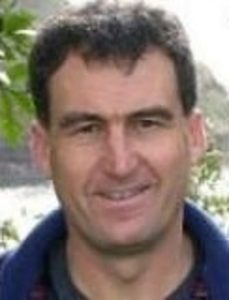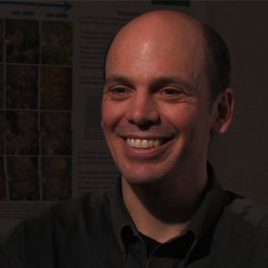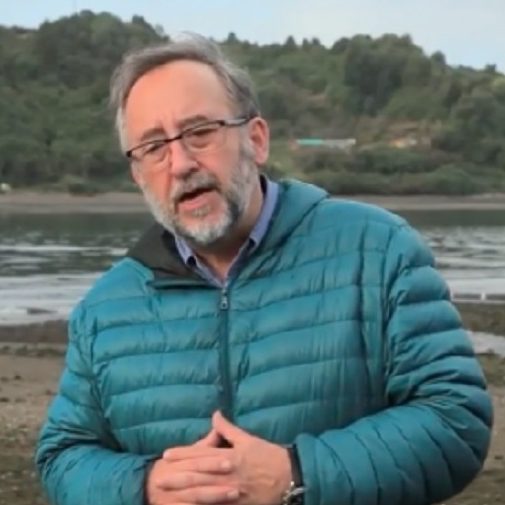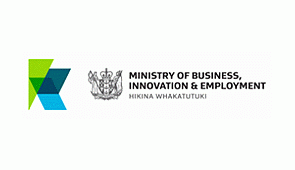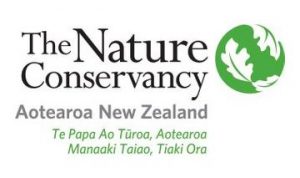Carbon Sequestration and Mussel Productivity in Integrated Multi-Trophic Aquaculture
Learning how to Integrate Kelp with Mussels to Improve the Environment and Increase Productivity!
What do we know?
Kelp does an excellent job of removing CO2 from the Earth's atmosphere. Macrocystis spp. (Giant Kelp) can draw down carbon dioxide at a rate of over 5 kg/m2/year - about 2 times faster than pinus radiata one of the fastest growing terrestrial plants. More importantly, it does this by continuously shedding organic matter into the water which can become permanently sequestered as carbon in deep ocean sediments. A kelp farm can, therefore, sequester carbon for ever while a pine plantation can only sequester carbon for approximately 50 years after which this land must remain unproductive if this carbon is to remain locked away from the atmosphere.
What do we want to figure out?
Is kelp also beneficial for the mussel farms close to it?
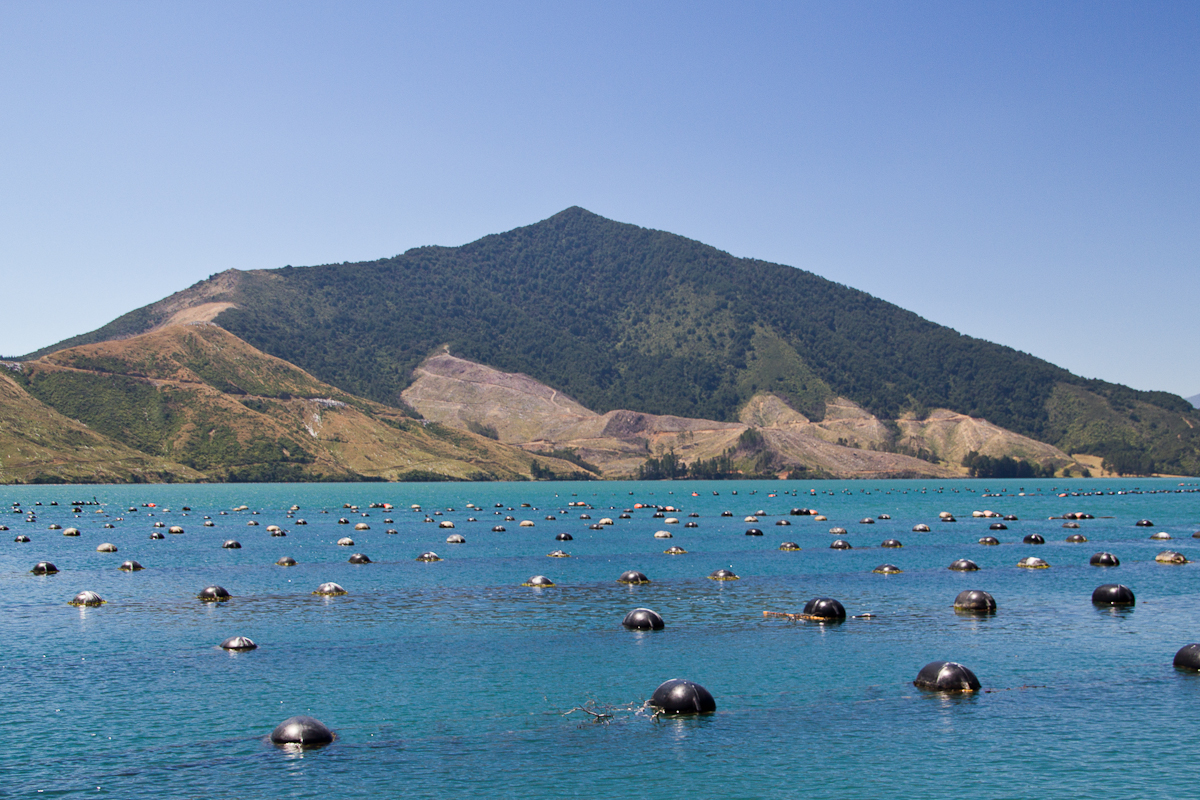
In our project, we test the following hypothesis:
1) Source of nutrition
Kelp grown in close proximity with mussels will provide an important source of nutrition to the mussels. This will increase mussel growth rate resulting in shorter production cycles or larger superior mussels.
2) Less acidic water => Better home for the mussels
The rapidly growing kelp not only removes CO2 from the atmosphere, it makes also the ocean water around itself less acidic. This means that less energy is required for shell formation. The shells in that area become stronger and more resistant to breakage. They contain more lipids, which also makes them tastier.
How does the project work?
The project includes various steps:
- Growing kelp in laboratories.
- Examining nutrient fluxes with different types of mussels and kelp in laboratory experiments.
- Transplanting the kelp to near-shore mussel farms.
- Growing kelp on long lines below the ocean surface, in water which would be too deep for the kelp to grow naturally.
- Monitoring the growth of the kelp and the mussels and the movement of nutrients.
- Conducting in situ experiments on the mussel farms.
Who are we?
Our outstanding research team includes leading New Zealand expertise on mussel aquaculture (Andrew Jeffs – Auckland University), forensic tracing of marine organic matter and nutrient fluxes (Steve Wing – Otago University), and international kelp culture expertise (Alejandro Buschmann – Universidad de Los Lagos, Chile). Bio-economic modelling (Robert Hickson - Blue-Carbon Services Ltd) will integrate the data generated by the research to refine our understanding of the biological and economic gains from applying the co-culture of kelp and mussels. In addition, our two excellent PhD students Fiona MacKechnie and Gretchen McCarthy are integral to the research team.
At the University of Otago, MSc student Elle Ueland, PhD student Rebecca McMullin and postgraduate student Clara Schlieman are providing invaluable support for the set up and monitoring of a set of mussel growth experiments, and in working with both existing and new data sets on stable isotopes of mussels and kelp.
The research will be supported by the outstanding research facilities of the Universities of Auckland and Otago. Both universities have excellent seawater research facilities for conducting laboratory measurement of kelp particulate production and uptake by mussels. In addition, aquaculture industry partners will provide mussel farm space for in situ experiments.
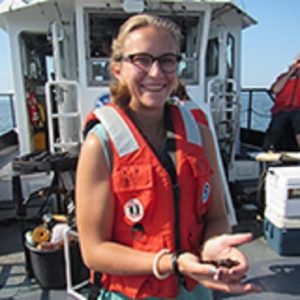

Project Summary
The project is designed to explore the potential economic and environmental benefits of incorporating kelp into mussel aquaculture. The hypothesis being tested is that kelp grown in close proximity with mussels will provide an important source of nutrition to the mussels increasing mussel growth rate resulting in shorter production cycles or larger superior mussels. Secondly, we hypothesise that the localised water deacidification effect of rapidly growing kelp will reduce the energy expenditure required for shell formation and thus result in stronger shells resistant to breakage as well as energy savings which will be diverted to additional lipid deposition resulting in fatter tastier mussels.
The project will also explore ecosystem services provided by inshore kelp aquaculture. These may include; removal of waterborne nitrate and phosphate pollution from terrestrial run-off, provision of nutrition, breeding grounds and habitat for finfish, provision of nutrients to natural shellfish and other benthic life, and carbon sequestration in both living kelp, kelp detritus and thickened mussel shells.
If the research is able to demonstrate substantial productivity gains from kelp-mussel co-culture in near-shore environments this is likely to promote increased investment in the sector. In particular, expansion is likely to occur in open-ocean aquaculture where physical space, adverse environmental impacts, and human recreation conflicts, are less problematic. Introduction of kelp aquaculture into this open-ocean environment will, in turn result in opportunities for building upon the exciting international research into long-term deep water carbon sequestration from kelp detritus (Krause-Jensen & Duarte, 2016) and mussel pseudo-faeces.
Key Achievements
To date, despite the negative impact of Covid 19 the following have been achieved:
- Research Team Recruitment
- Recruitment of 2 high-quality PhD and a number of post-doctorate and postgraduate candidates to undertake project activities at both University of Auckland and University of Otago.
- Inter-University and Industry Collaboration:
- Online collaboration with Alejandro Buschmann, Alejandra Ortega and others at the Universidad de los Lagos; regarding techniques for giant kelp (Macrocystis pyrifera) propagation and cultivation, and organisation of a study tour to Chile.
- Collaboration with Massey University to establish transplantation of the paddle kelp (Ecklonia radiata) to mussel farms.
- Recruitment of additional mussel farm collaborators in the Hauraki Gulf and Marlborough Sounds.
- Establishment of a potential collaboration agreement with Brian von Herzen, Brianne West and Sam Harrington of the Climate Foundation to discuss collaboration on the development of infrastructure for kelp aquaculture.
- Experimentation
- Preparation of an additional experiment to monitor the growth and nutritional sources of mussel spat transplanted into well-established beds of native giant kelp.
- Collection and analysis of mussel tissue samples from the Marlborough Sounds, Fiordland and Tasman Bay regions to identify nutritional sources through stable carbon isotope analyses on these tissues. This has included re-running several samples and developing a mass balance model specific to mussels and kelp. Existing data from a long term laboratory experiment and an extensive literature search has been particulary useful to this end.
- Spin-off Activities
- Conducted major review for Auckland Council of the carbon sequestration and ecosystem benefits of different forms of aquaculture in New Zealand, including kelp and mussel aquaculture for consideration as part of their regional planning for carbon offsetting.
- Invited by Univeristy of New England, a world leader in kelp-mussel research, to collaborate for an international comparison of kelp- mussel farming ecosystem effects between New Zealand and eastern USA.
- Co-funded Research
- Attracted additional financial support from The Nature Conservancy to examine the biodiversity effects of kelp-mussel farming. The results of an initial experiment growing fucoid seaweed in co-culture with Pacific oysters is being prepared for submission to a scientific journal.
